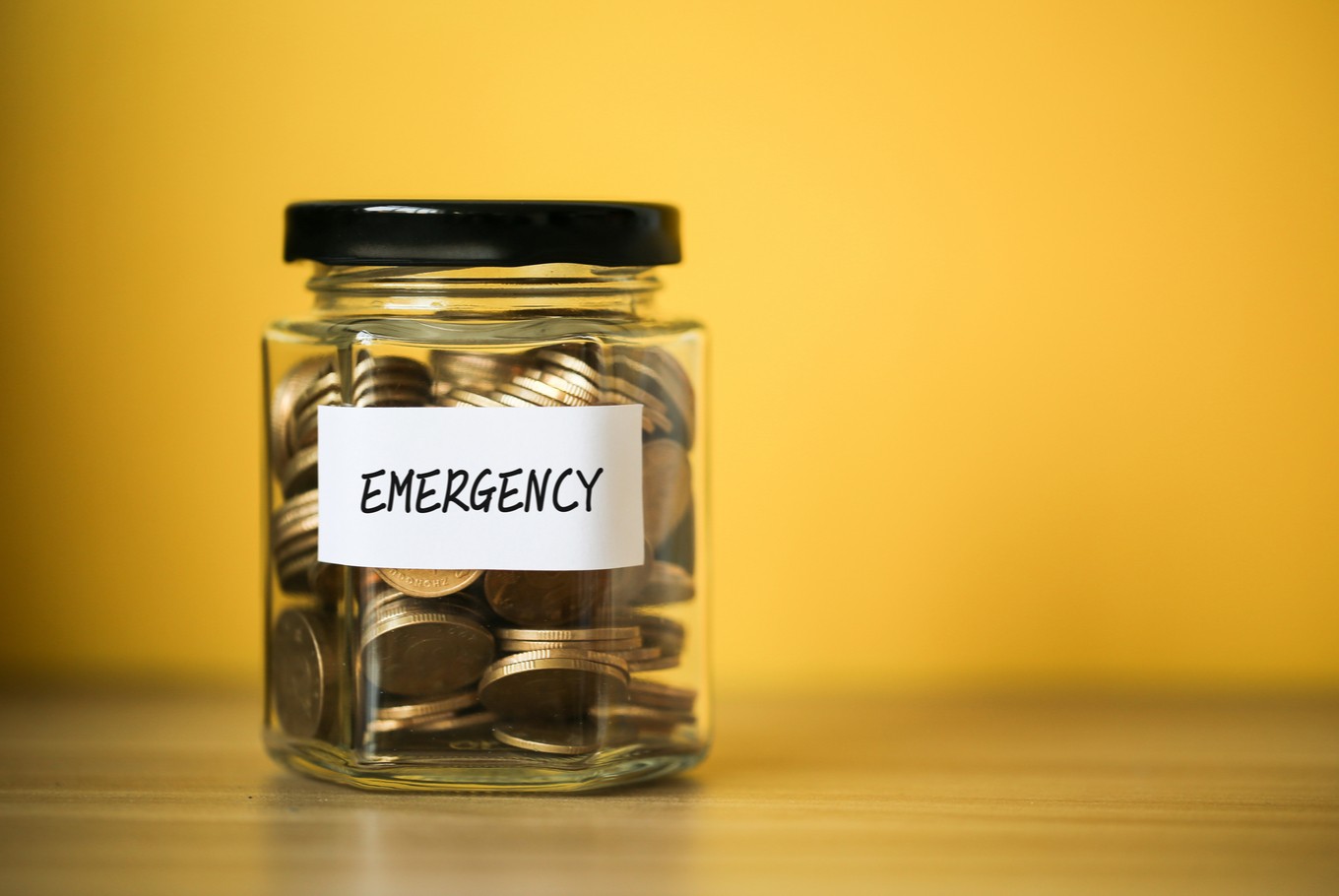Financial stability is a goal sought by many individuals across different backgrounds and ages, yet achieving it requires foresight, discipline, and strategic planning. One crucial element underpinning long-term financial well-being is the emergency fund. For countless people, questions may arise: Why prioritize an emergency fund when there are debts to repay, investments to make, or immediate desires to fulfill? The response lies in the fundamental role this fund plays in guarding against the unpredictability of life.
Understanding the Components of an Emergency Fund
An emergency fund refers to a specific reserve of easily accessible cash, often kept in a highly available savings account. Its primary aim is to provide for unexpected costs or financial gaps due to unforeseen circumstances. Examples encompass abrupt unemployment, large medical bills not paid by insurance, immediate necessary home or vehicle repairs, or other unforeseen emergencies.
Financial specialists frequently advise putting aside funds equivalent to three to six months of living costs. This amount might differ depending on employment security, the number of dependents, and other individual situations. The main idea stays the same: this reserve should be sufficient to protect a person or household from typical challenges without needing to rely on high-interest loans or liquidating long-term assets.
Main Factors for Keeping an Emergency Savings
1. Safeguarding Against Income ReductionUnexpected job termination or diminished earnings can arise suddenly. Causes might include financial recessions, organizational changes, or unforeseen medical issues, which could threaten one’s capacity to fulfill regular commitments like housing, energy bills, groceries, and credit repayments. Possessing a contingency fund offers a monetary cushion, enabling those impacted to maintain crucial expenditures while looking for new possibilities or acquiring new skills.
Example: Amidst the worldwide pandemic of 2020, countless individuals encountered layoffs or job suspensions. People who had a strong emergency fund encountered much less anxiety and possessed greater leverage in job searches, unlike those who had to seize the first job opportunity just to get by.
2. Avoidance of High-Interest DebtUnplanned expenses often lead to the use of credit cards, payday loans, or other high-interest borrowing options. While these financial products offer short-term relief, the accruing interest and fees can trap borrowers in a debt cycle, rapidly exacerbating financial strain. An emergency fund drastically reduces or eliminates the need for such borrowing, preserving credit ratings and minimizing long-term financial damage.
3. Health and Security AssuranceHealth emergencies do not wait for convenient moments. Emergency medical procedures or significant dental work, for instance, can present costs not fully encompassed by insurance coverage. The ability to access immediate funds ensures timely treatment, reduces emotional distress, and safeguards the family’s financial security during vulnerable times.
4. Less Stress and Better Judgment Economic uncertainty often leads to anxiety and disputes. Having an emergency fund provides reassurance, enabling people to handle challenges with a composed and strategic approach. The mental benefit of being aware of a safety cushion is significant. In the absence of urgent stress, choices can be made logically, focusing on long-term benefits instead of being driven by the need for immediate survival.
5. Safeguarding Investment Portfolios and Long-Term Objectives Without a financial safety net, one may have to sell investments ahead of schedule. Divesting assets during market downturns not only locks in losses but also halts the essential growth needed for accumulating wealth over time. A dedicated emergency fund allows you to maintain investment options, ensuring that retirement aims and other significant targets stay aligned.
Establishing and Managing Your Emergency Fund
Constructing an emergency fund might appear overwhelming, particularly for individuals with limited resources or numerous financial commitments. Nevertheless, this task can be simplified into achievable steps.
Begin Modestly, Maintain Consistency: Regular, even minimal, monthly deposits can grow significantly over time thanks to the effect of compounding and maintaining regularity. Setting up automatic transfers into a dedicated savings account assists in reducing the urge to spend funds that are meant for saving.
Separate Reserve Funds: It is crucial to distinguish emergency reserves from everyday expenses to prevent unintentional exhaustion. Access should be straightforward during real emergencies but not so convenient that it is spent on non-essential desires.
Periodic Review: As life circumstances change—such as marriage, parenthood, or homeownership—the emergency fund should be reassessed and adjusted. Costs can rise unexpectedly; regular review ensures the fund remains sufficient for changing needs.
Practical Examples and Case Studies
Consider the experience of a dual-income household in a metropolitan area. Both partners work in industries susceptible to economic swings. By adhering to a savings plan, the couple steadily accumulates an emergency reserve covering six months of essential expenses. Several years later, one loses their job following a wave of corporate layoffs. The emergency fund cushions the loss, managing mortgage payments, insurance premiums, and daily outlays without dipping into credit or disrupting their children’s schooling. Moreover, the unpressured spouse can focus on finding a suitable position rather than hastily accepting diminished roles.
Another scenario involves a young entrepreneur whose business faces a sudden downturn due to shifting market trends. With an emergency fund established during profitable periods, the business owner can pivot strategy and invest in necessary innovation, instead of rushing to seek high-interest loans or shutting down prematurely.
Information gathered from multiple financial literacy studies consistently shows that people who have easy access to emergency savings are less prone to skip essential medical care, miss home payments, or fall into cycles of debt. More generally, communities with a greater prevalence of emergency funds are more prepared to handle local crises, offer resources for communal issues, and recover with resilience.
The Significance of Having an Emergency Fund
A financial safety net exists where caution meets empowerment. It provides essential defense against unexpected events, supporting the secure pursuit of objectives and ambitions. By safeguarding daily stability from unpredictable situations, a well-maintained fund promotes financial robustness and mental health. Even though its advantages may not be evident during stable times, the real worth of an emergency fund becomes clear in challenging times—transforming possible disasters into controllable diversions and enabling a life with more resilience and tranquility.



